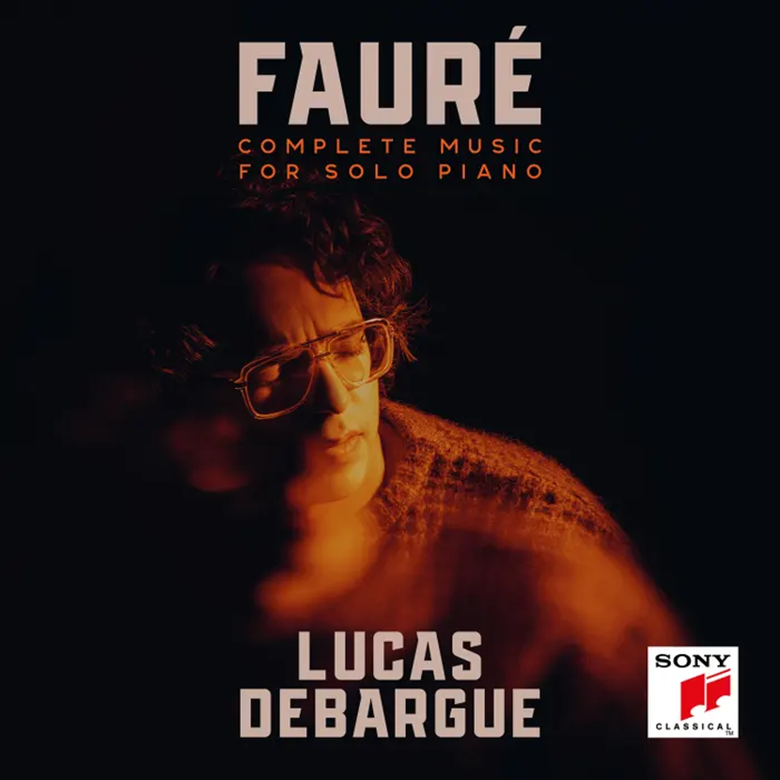Review - Fauré: Complete Piano Music (Lucas Debargue)
Peter J Rabinowitz
Friday, May 24, 2024
‘While you’d never call these readings fragile, you’d never call them seasoned either’

Register now to continue reading
This article is from International Piano. Register today to enjoy our dedicated coverage of the piano world, including:
- Free access to 3 subscriber-only articles per month
- Unlimited access to International Piano's news pages
- Monthly newsletter








